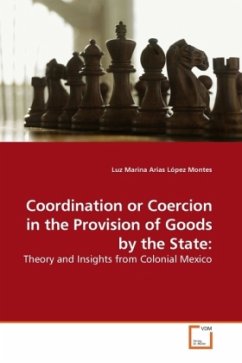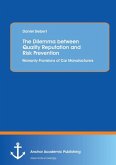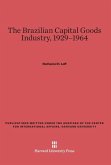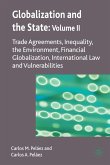This dissertation contributes to our understanding of the mechanisms behind the development of the state's ability to coercively enforce. In so doing, the dissertation sheds light on the implications that different ways of organizing and coordinating human interactions have on political and economic development. The analyses are based on insights provided by the colonial history of Mexico. Chapter 1 studies the mechanisms behind the creation of state administrations backed by coercive enforcement to collect fiscal revenue. The analysis suggests that the enforcement mechanism used by the state to collect revenue is endogenous to the excludable nature of the goods provided by the state. Chapter 2 provides an operational definition of legitimacy and outlines the conditions under which, so defined, legitimacy can serve as a mechanism for rulers to concentrate coercive power. In a dynamic common agency model with rational agents and perfect information, where nobody can sign binding contracts, the analysis shows that players voluntarily give up their coercive power under some circumstances.








